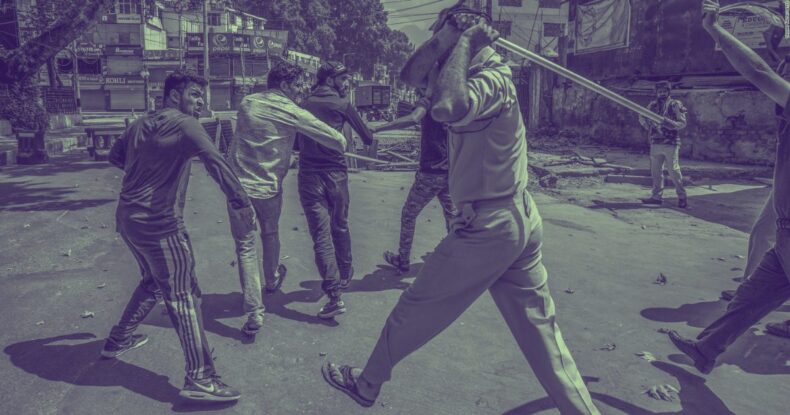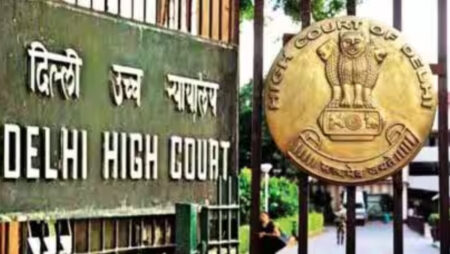In a recent hearing before the Gujarat High Court, a plea by five Muslim men was addressed, who claimed to have been tied to poles and brutally flogged by the police for allegedly disrupting Navratri celebrations last year in the case Jahirmiya Rehmumiya Malek v. State of Gujarat. The court sought clarity from the State government regarding the acceptance of the incident.
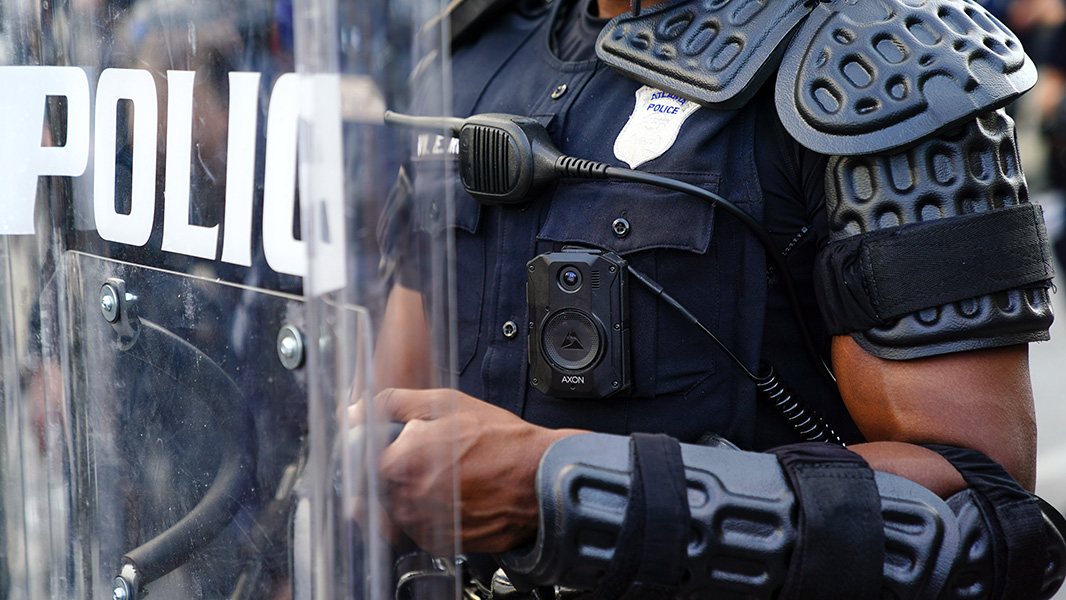
Gujarat HC
The Bench, consisting of Justices AS Supehia and MR Mengdey, directed the public prosecutor Mithesh Amin to clearly state whether the State government accepted the occurrence of the flogging incident. The judges emphasized that the case should not be decided based on emotions and passions, but rather on the facts presented.
Amin, representing the State, hesitated to make a definitive statement and requested to review some material before making a decision. He implied that the accused had falsely claimed the incident took place and alleged malafide intentions on their part.
Referring to statements made by some of the accused, Amin argued that members of the Muslim community had conspired to terrorize Hindus in the area and prevent them from participating in the Garba dance during the Navratri festival. He cited previous incidents of sensitivity and clashes between the communities in the region, suggesting a history of tensions.
Amin tried to highlight discrepancies in the timelines provided by the Muslim men regarding the altercation, detention, and subsequent flogging incident. He also mentioned that disciplinary actions had been initiated against the police officers involved.
The Bench, however, posed a critical question to Amin, asking whether there was any legal provision that allowed an accused individual to be tied to a pole and beaten with lathis in full public view. Amin responded in the negative, stating that he could only assert that the accused had pleaded falsely.
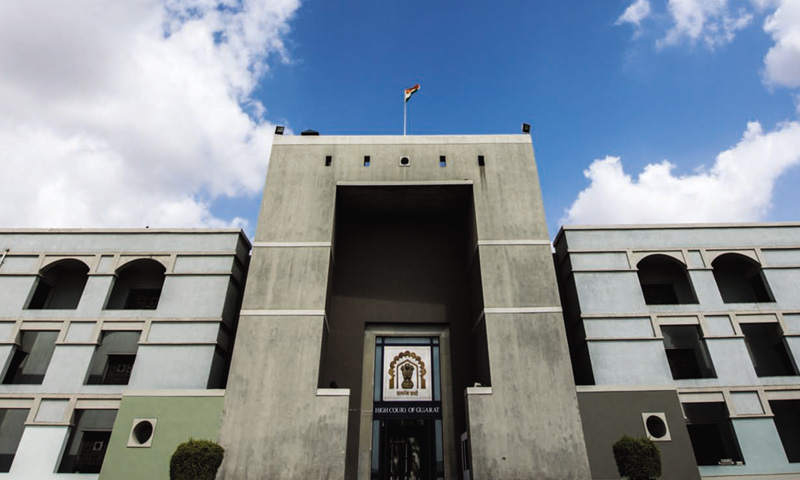
The prosecutor proceeded to read the WhatsApp chats of the petitioners, who were facing prosecution for allegedly throwing stones at the Garba event. Amin argued that in such a volatile situation, the police acted to control the situation and prevent further escalation.
The Bench acknowledged the need for the police to manage the situation but focused on what transpired after the altercation on October 3. They sought clarification on whether the accused were detained and taken into custody before the subsequent flogging incident occurred.
Amin asserted that the question of custody did not arise as the individuals were only detained at night. However, the judges countered, questioning the circumstances under which the petitioners communicated through WhatsApp if they were indeed in custody.
At this point, the Court suggested that the State should deny the occurrence of the flogging incident. However, at the prosecutor’s request, the judges refrained from recording the statement in the official order.
The hearing was adjourned and scheduled to continue on July 6. The Gujarat High Court seeks to establish clarity regarding the alleged police brutality against Muslim men and determine the veracity of the claims made by both parties involved in the case.
Police Brutality
Brutality in police custody is a grave violation of human rights and an issue that has been a matter of concern worldwide. Instances of such brutality depict the abuse of power and the failure to uphold the principles of justice and fairness.
In cases where individuals are taken into police custody, they are entitled to protection and should be treated with dignity and respect. However, there have been numerous reports of excessive force, torture, and physical and psychological abuse inflicted upon detainees by law enforcement officials. Such acts not only inflict immense pain and suffering on the victims but also undermine the trust and confidence that the public should have in the police force.
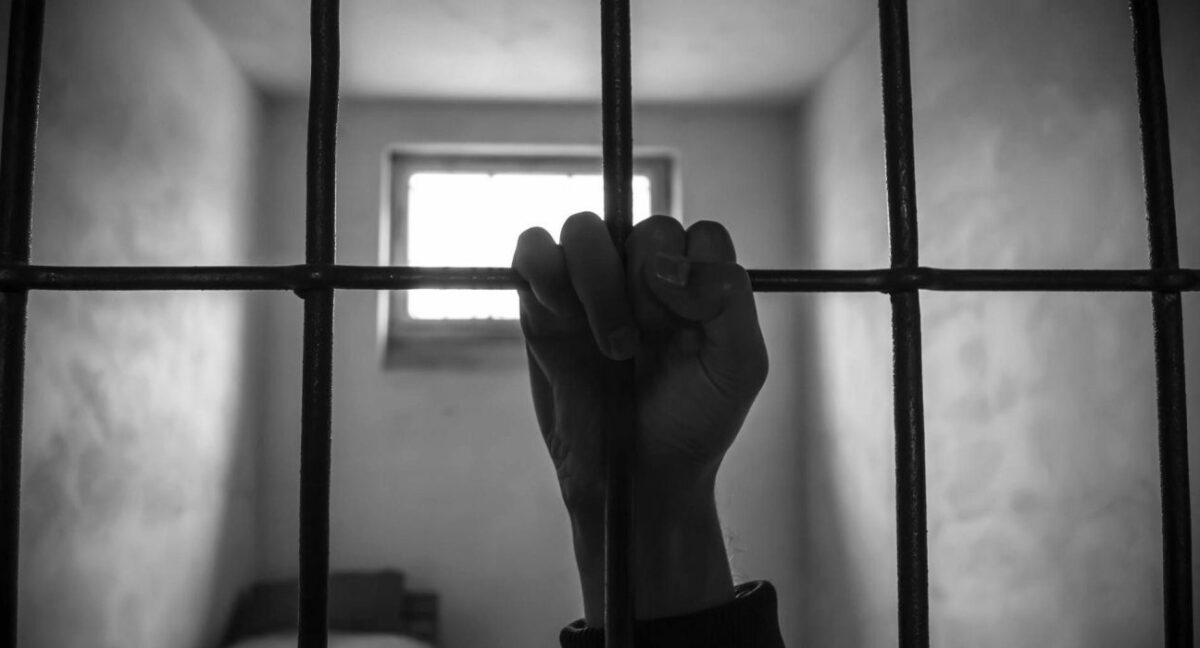
The consequences of police custody brutality can be devastating, leading to severe physical injuries, trauma, and even loss of life. These acts of violence not only violate the fundamental rights of individuals but also erode the very foundation of a just and civilized society.
Efforts to address and prevent brutality in police custody must include robust legal frameworks, strict adherence to human rights standards, and thorough investigations into alleged incidents. It is essential to hold perpetrators accountable for their actions and provide appropriate support and redress for the victims.
Safeguarding the rights and well-being of individuals in police custody is crucial for upholding the principles of justice, ensuring public trust, and fostering a society that respects human dignity. By combating and eradicating brutality in police custody, we can strive towards a system that upholds the rule of law, protects human rights, and maintains the integrity of law enforcement agencies.







